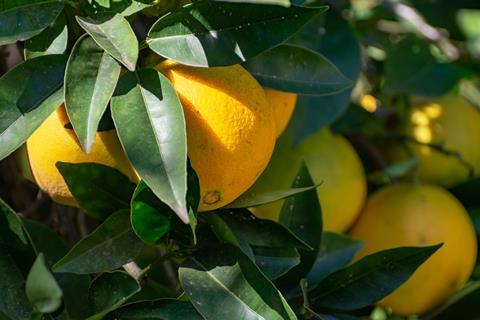Move follows failure of initial talks to find a mutually agreed solution
South Africa has asked the World Trade Organization to establish two dispute panels to review European Union measures affecting EU imports of South African citrus after negotiations with the EU aimed at resolving the dispute failed to find a mutually agreed solution.

The request was considered at a meeting of the Dispute Settlement Body (DSB) on 24 June. This is the first time that South Africa has requested the establishment of a panel under the WTO’s dispute settlement system.
South Africa submitted two requests for panels in disputes it initiated concerning EU regulations governing citrus imports. The measures in question concern import restrictions imposed by the EU to control spread of the insect Thaumatotibia leucotreta, or False Codling Moth, and the fungus P. citricarpa, or Citrus Black Spot.”
South Africa said that in both cases, the EU measures were not based on scientific principles, are maintained without sufficient scientific evidence, and are more trade-restrictive than necessary to achieve the EU’s appropriate level of protection.
South Africa also said the EU failed to account for regional differences with regards to pest risk in the application of the measures. The measures are having a severe impact on South African citrus exports, which provide jobs to more than 140,000 people in the country, it added. Moreover, the measures affect other countries in the region that depend on South Africa’s infrastructure for their citrus exports.
South Africa said it needed to ensure that its rights are safeguarded through WTO dispute settlement procedures but that it is open to continued talks with the EU in order to secure a mutually agreed solution.
The European Union said it regretted South Africa’s decision to pursue panel proceedings in the two cases but maintained that its pest control measures are entirely justified and that it would succeed in any dispute proceedings.
Inmaculada Sanfeliu, president of Spain’s Citrus Management Committee, said: ”We support the firm position that Brussels has maintained at all times in this regard, which has chosen to regret this belligerent attitude and to block these two requests. The citrus exporters of the CGC align themselves with the position maintained by the Commission because we also stand on the side of science or risk analysis, which supported the regulations that South Africa calls into question”.



